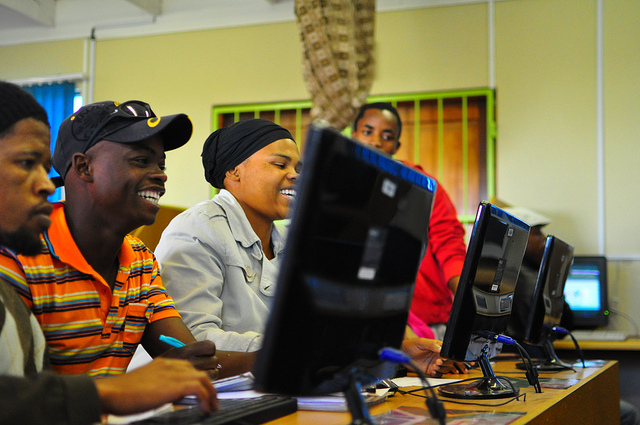
March 10, 2015
How can online education, like MOOCs, best help young adults across the developing world grow successful careers?

March 10, 2015
How can online education, like MOOCs, best help young adults across the developing world grow successful careers?
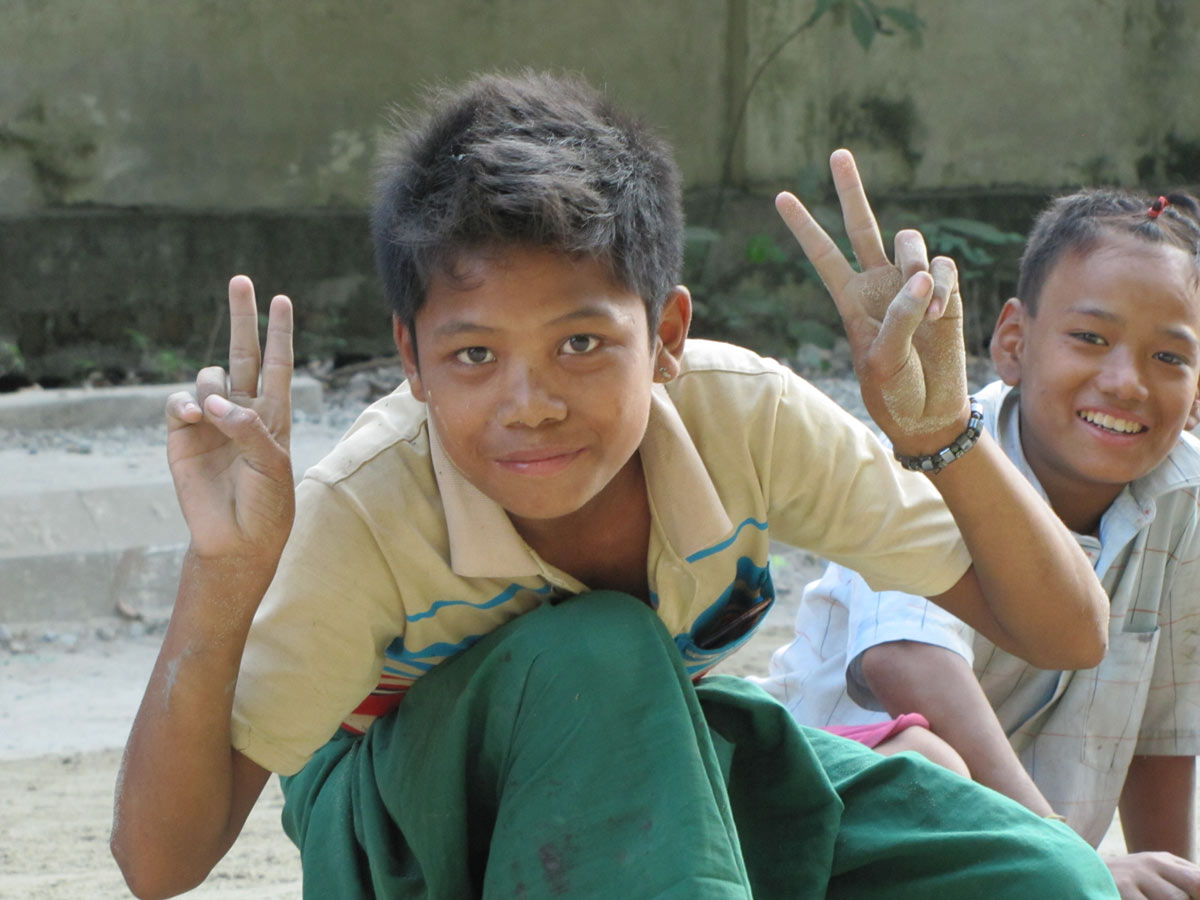
August 28, 2014
The Information Strategies for Societies in Transition program was developed to address the challenges Myanmar faces as it seeks to “catch-up” in the world’s most economically competitive region. The larger project has four major components: (1) building organizational capacity in civil society, political parties, the media, government ministries, and think tanks to design and implement effective and transparent information solutions; (2) developing and implementing mobile information literacy curricula; (3) growing the capacity of libraries to serve as trustworthy information hubs; and (4) piloting new platforms that tackle digital and information challenges in Myanmar.

February 18, 2014
What is the role of library-like institutions in providing public access to information and technologies? How do they compare to libraries?
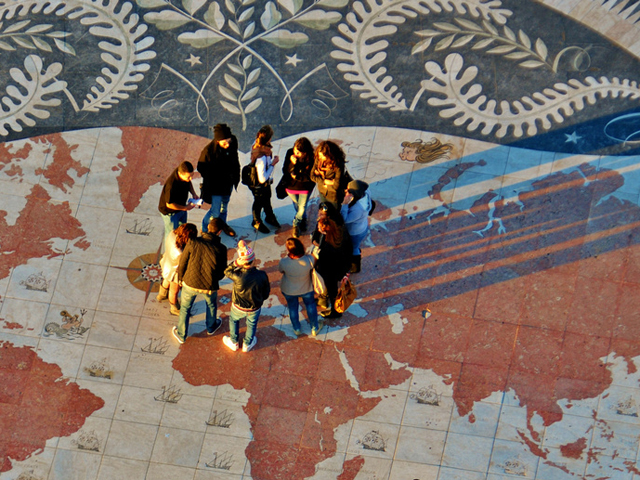
August 14, 2013
What is the impact of public libraries in the European Union on library users’ lives? How are libraries in the EU perceived and used?
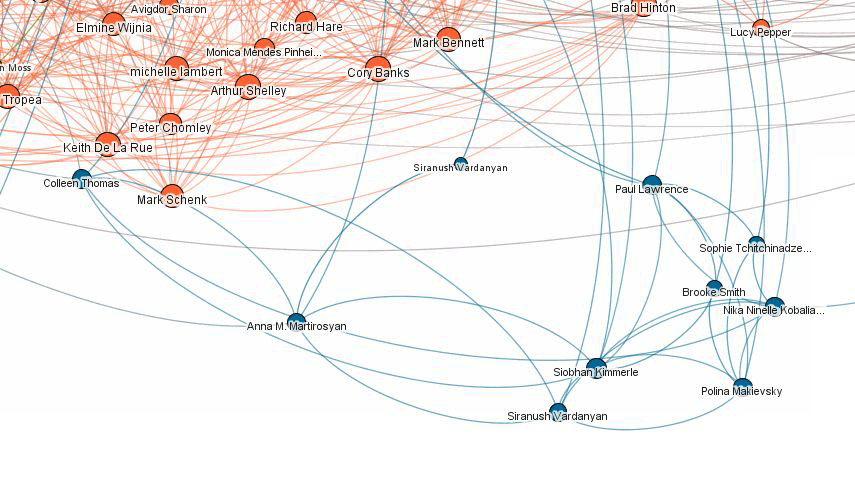
February 21, 2012
This study reviews the theories and frameworks that address the impact of e-inclusion actors on social and economic participation by marginalized groups to ground e-inclusion metrics and guide policy.
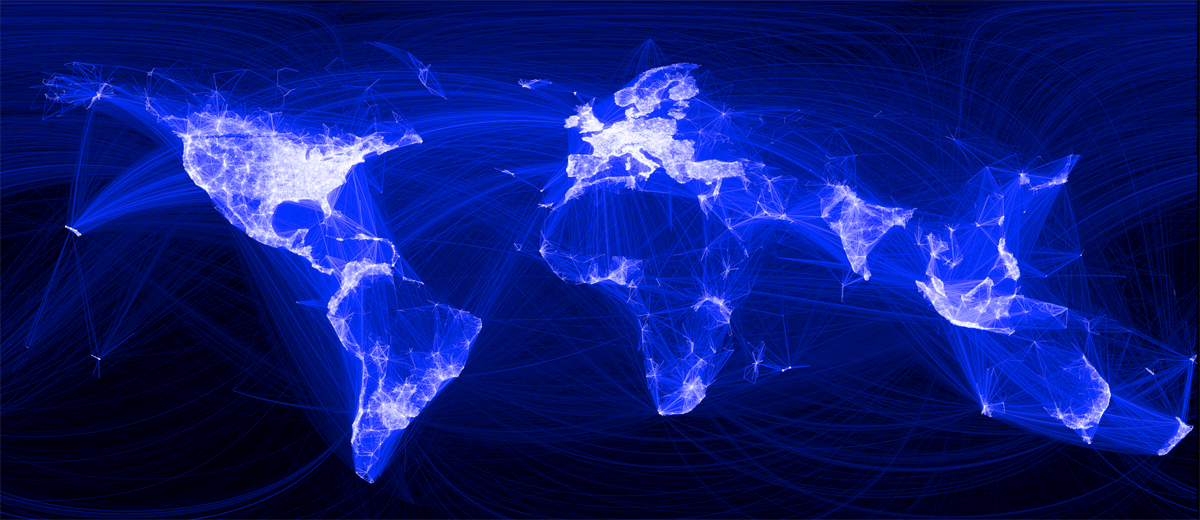
October 27, 2011
The Framework for Digitally Inclusive Communities convened diverse local actors to advance guidelines to help libraries and other organizations improve access to computers, the Internet, and other vital digital resources.

July 13, 2011
TASCHA’s Technology Utilization in Boys & Girls Clubs of America project examines afterschool technology training programs at Boys & Girls Clubs as a means of promoting computer fluency, preparing youth for the 21st-century workforce, and reinforcing core social-development outcomes.
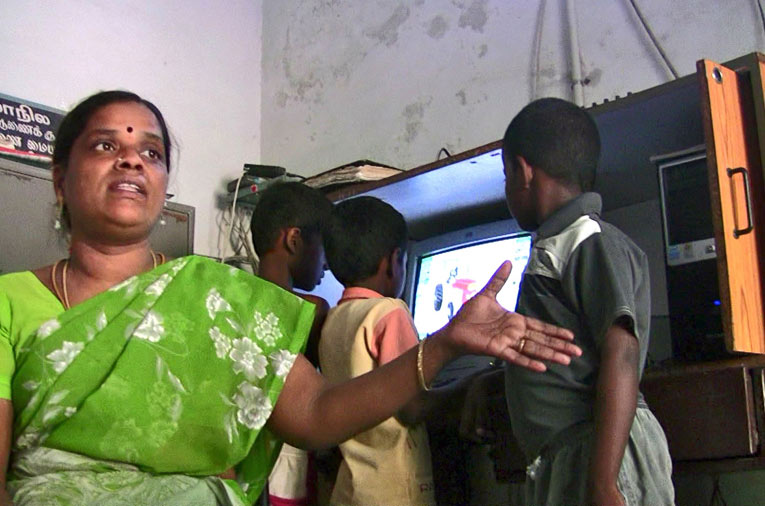
TASCHA Employability Evidence Narratives are a storytelling methodology that emphasizes “typicality” and provides evidence of community technology outcomes in an accessible, memorable form. The body of work represents a basis for generalization.
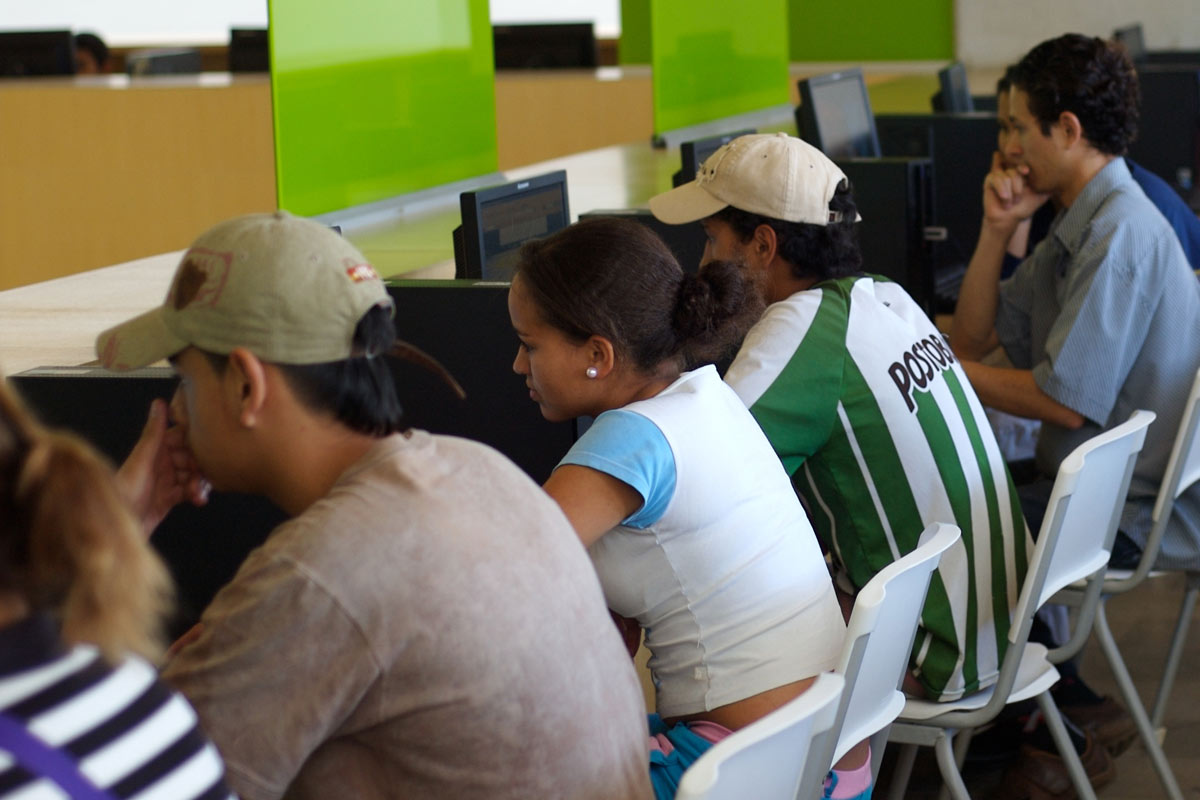
July 11, 2011
The Public Access Landscape Study examined public ICT access and use in libraries, telecenters, and cybercafés in 25 countries. Local teams conducted primary research; TASCHA researchers analyzed the data for common themes.

July 4, 2011
The Global Impact Study examined how public access to ICTs — through venues like libraries, telecenters, and cybercafés — changes people’s lives in the areas of communication and leisure, culture and language, education, employment and income, governance, and health.